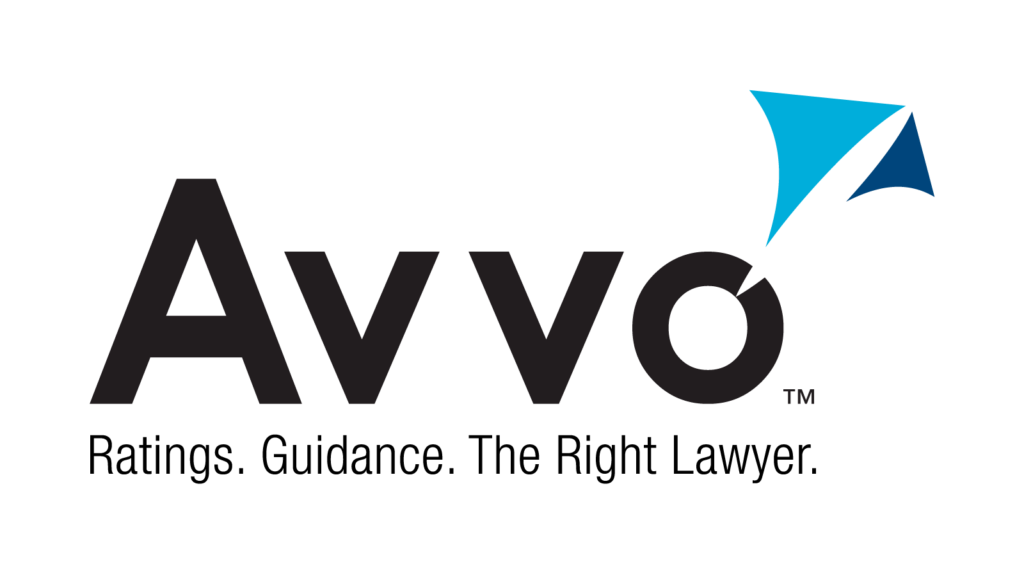Estate Planning: Achieving a Better Life Experience (ABLE) Act
Maryland will soon have a savings plan program for individuals with disabilities. The Achieving a Better Life Experience (ABLE) Act promotes financial savings for those with disabilities in “maintaining health, independence, and quality of life.” The Maryland ABLE program is expected to be fully operational in October of 2017 after being signed into law during the 2016 legislative session with bipartisan support. Federal legislation was passed in 2014 after decades of advocacy work by families of individuals with disabilities. It is expected that ABLE accounts will be most useful for housing expenses, building up savings, transfers from UTMA accounts when the beneficiary reaches the age of attainment, small inheritances and helping disabled individuals manage their own money.
The account is tax favored meaning that funds will not be treated as taxable income so long as the money is used for Qualified Disability Expenses (QDEs). The program was created under Section 529(a) of the Internal Revenue Code and shares similarities with the 529 College Savings Program you may be familiar with already. The account is also an exempt resource for purposes of most means-tested federal and state benefits, with some exceptions. Being an exempt resource for means-tested benefits is an important development for those with disabilities as the resource limit for qualification for government benefits has not been increased in almost thirty years. ABLE accounts ‘break the green ceiling’ and permit disabled individuals to accumulate financial assets in excess of the $2,000 resource limit for Social Security Income (SSI) and Medical Assistance (Medicaid).
To have an ABLE account, an individual must eligible for SSI or SSDI or must certify under penalty of perjury that he or she has a physical or mental impairment expected to last longer than 12 months and have occurred before the individual reached age 26. The account can be started by the individual, an Agent acting under a Power of Attorney, or a guardian or parent. A parent can start an ABLE account for their disabled child even if the child is not a minor. Once created, anyone can contribute to an ABLE account but contributions must be cash. Contributions from third parties are considered a completed gift for tax purposes and Maryland will allow up to a $2,500 state tax deduction for contributions to a Maryland ABLE account.
ABLE accounts are not without limitation. An individual may have only one ABLE account. There is a maximum contribution of $14,000 per account (not per donor) and lifetime contributions are capped at the $350,000 in Maryland. Additionally, if the balance of the account exceeds $100,000, the account will become a countable resource for SSI purposes and the SSI benefits will be suspended (but not terminated). However, Medicaid eligibility will not be affected by the balance of the account. One downside to ABLE accounts is that they are subject to Medicaid payback. After the death of the beneficiary, the State may request reimbursement for medical assistance benefits. However, before reimbursement occurs, the account can be used to pay outstanding bills for QDEs and funeral and burial expenses. If the funds are spent on non-QDEs the account owner will be taxed on the earnings withdrawn and will pay a 10% penalty fee.
You may be wondering what constitutes a QDE. A Qualified Disability Expenses is any expense made for the benefit of the designated beneficiary and related to the disability, including: education, housing, transportation, employment training, assistive technology and personal support services, health, prevention and wellness, financial management and administrative services, legal fees, expenses for oversight and monitoring, funeral and burial expenses, and other expenses approved by the Secretary of the Treasury. The IRS has said that the definition of QDEs should be broadly construed to permit the inclusion of basic living expenses. QDEs for housing includes payment of mortgage, property taxes, rent, heating fuel, gas, electricity, water, sewer and garbage removal services. One thing to be aware of is that when ABLE account funds are withdrawn for housing QDEs, the withdrawn ABLE funds not spent before the end of the month will be considered a countable resource for SSI the following month. Also note that funds withdrawn for non-QDEs that are not spent before the end of the month will also be considered a countable resource for the following month. Be mindful to spent funds withdrawn from an ABLE account for housing QDEs and non-QDEs in the month of the withdrawal to avoid having a countable resource issue.
The ABLE program is an excellent tool for management of relatively small sums that will likely be spent on expenses in the near term, but these accounts do not replace the need for special needs trusts. Families should still give serious consideration to creating a special needs trust for a loved one who is disabled. A special needs trust can be used administer larger sums of money or other assets (including inheritances designed to provide for the beneficiary over his or her lifetime). Furthermore, special needs trusts do not have the Medicaid pay back requirement of the ABLE accounts, and a special needs trust can be specifically designed to provide direction and guidance to the trustee and care managers of a disabled beneficiary.
The Maryland ABLE program is a great new device that can be used as part of a larger overall care plan for a disabled beneficiary. The cost of establishing the account is low and the funds grow tax free. However, it would be a mistake for families to consider these accounts as replacements for special needs trusts and other important planning necessary to provide quality care for I loved ones with disabilities.




